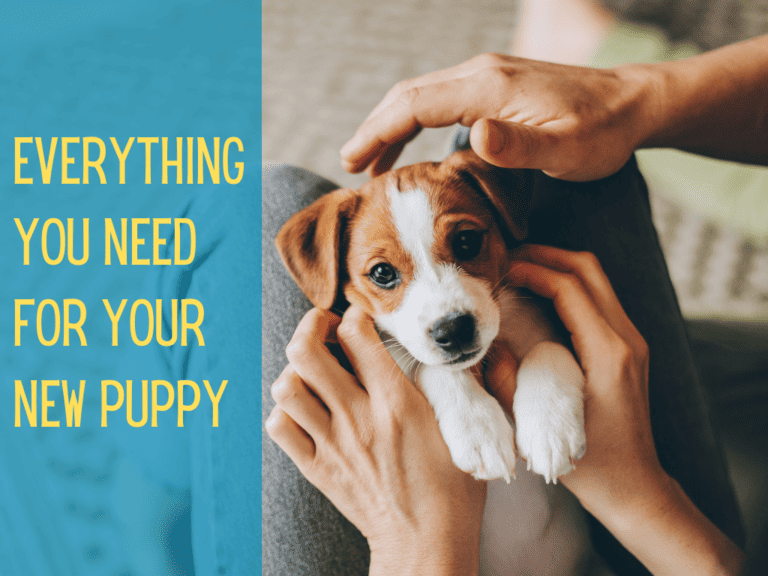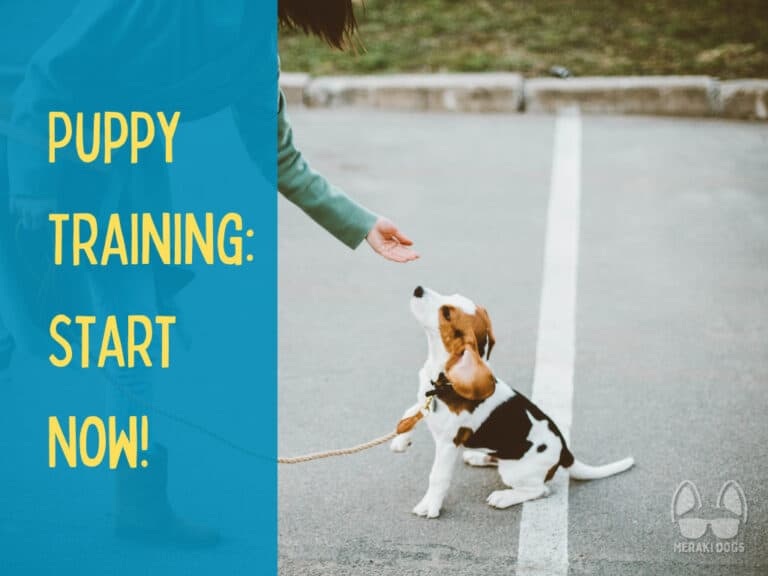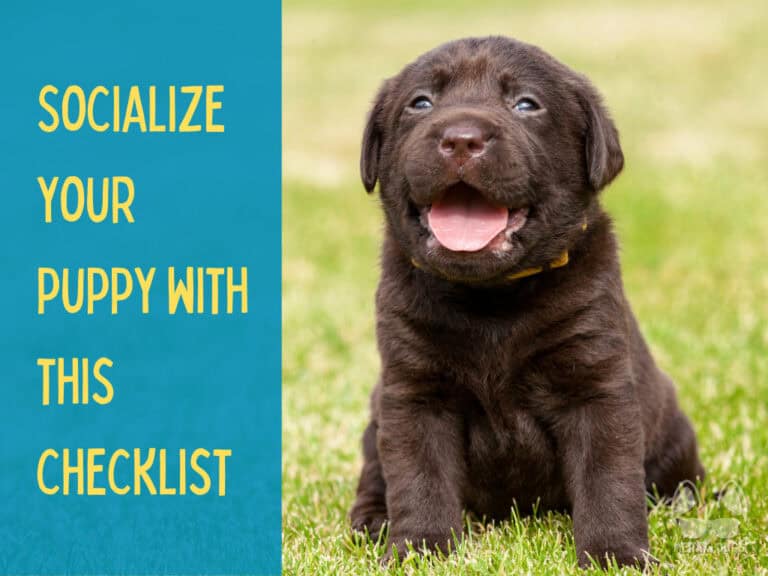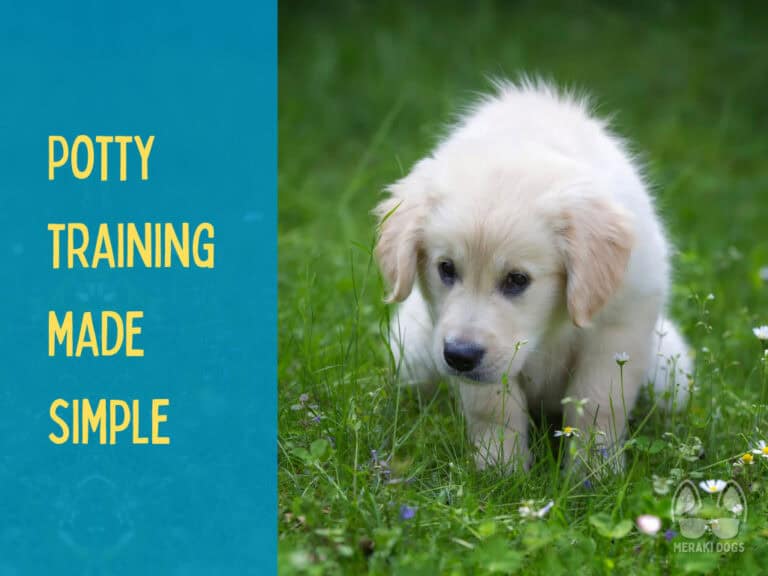How to Train a Puppy Not to Bite Hands or Feet: 5 Effective Tips

Puppy biting is a common issue that many new dog owners face. While it’s a normal part of a puppy’s development, it can be painful and problematic if not addressed properly. This post provides effective strategies to stop your puppy from biting hands or feet.
Key Takeaways:
- Understand why puppies bite and how to redirect this behavior.
- Learn step-by-step techniques to train a puppy not to bite.
- Discover how to use positive reinforcement to encourage gentle play.
Why Do Puppies Bite?
Natural Behavior and Teething
Biting is a normal part of a puppy’s development. Puppies explore the world with their mouths, and teething can cause discomfort that they try to alleviate by chewing. Understanding this natural behavior is the first step in addressing the issue.
Exploration and Play
Puppies use their mouths to explore their environment and interact with people and other animals. Biting is often a form of play and communication. Recognizing this behavior helps in finding appropriate ways to redirect it.

5 Tips to Train A Puppy Not to Bite
Tip #1: Redirect to Appropriate Chew Toys
Providing your puppy with suitable chew toys is essential to prevent them from biting hands and feet. Introduce a variety of chew toys and encourage your puppy to use them instead of biting you.
- Importance of Providing Alternatives: Chew toys help satisfy your puppy’s natural urge to bite and chew.
- Types of Chew Toys: Consider durable rubber toys, teething rings, and interactive toys that can hold treats.
- How to Introduce Them: Show excitement when presenting the toy, and praise your puppy when they chew on it. Redirect their attention to the toy whenever they start biting hands or feet.
Tip #2: Teach Bite Inhibition
Bite inhibition is the process of teaching your puppy to control the force of their bite. This is crucial for preventing painful bites as your puppy grows older. It helps them understand that human skin is sensitive and must be handled gently.
Techniques to Help Puppies Learn to Control the Force of Their Bites:
- Yelping: When your puppy bites too hard, make a high-pitched yelp similar to the sound another puppy would make when hurt. This mimics natural feedback they would receive from other dogs.
- Withdrawing Attention: Immediately stop playing and turn away for a few seconds. This shows your puppy that biting results in the end of fun and interaction.
- Resuming Play: After a brief pause, resume play gently. Repeat the process if your puppy bites hard again to reinforce the lesson.
Step-by-Step Instructions on Yelping and Withdrawing Attention
- When your puppy bites too hard, let out a high-pitched yelp.
- Immediately stop playing and turn away or put your hands out of reach.
- Wait for about 10-15 seconds before resuming interaction.
- If your puppy licks or nuzzles your hand gently after you stop, praise and reward them with treats or continued play.
- If your puppy ramps up the hard biting, remove yourself completely until they calm down.
Tip #3: Consistent Responses
Consistency is crucial in training your puppy to stop biting. Always respond to biting behavior in the same way to help your puppy understand what is expected. This helps reinforce the lesson and prevents confusion.
Avoiding Mixed Signals and Reinforcing Gentle Play:
- Avoid Inconsistency: Ensure all family members use the same methods and responses to address biting. Mixed signals can confuse your puppy and slow down the learning process.
- Reinforce Gentle Play: Praise and reward your puppy when they play gently without biting. Positive reinforcement encourages them to repeat the desired behavior.
Tips for Consistent Responses:
- Immediate Action: Respond to biting immediately so your puppy can connect the behavior with the consequence.
- Unified Approach: Make sure everyone interacting with the puppy follows the same guidelines.
- Reinforcement: Reward your puppy for gentle play to reinforce good behavior.

Tip #4: Socialization and Playtime
Socialization helps puppies learn appropriate behaviors from other dogs and people. Through play and interaction, puppies learn bite inhibition and how to play without causing harm.
Tips for Safe Play with Other Puppies and Dogs:
- Controlled Environment: Ensure play sessions take place in a safe, controlled environment where you can supervise interactions.
- Well-Behaved Playmates: Choose well-socialized and vaccinated dogs for your puppy to play with. These dogs can model appropriate behavior and help teach your puppy the limits of acceptable play.
- Monitor Play: Watch for signs of over-excitement or aggression. If play becomes too rough, intervene and separate the puppies for a short break.
Tip #5: Managing Teething Pain
Teething can cause significant discomfort for puppies, leading them to bite and chew more than usual. Helping your puppy manage teething pain can reduce their urge to bite hands and feet:
- Provide Teething Toys: Offer a variety of teething toys designed to soothe sore gums. These toys can help alleviate discomfort and keep your puppy occupied.
- Use Frozen Treats: Give your puppy frozen treats or toys to chew on. The cold helps numb their gums and provides relief.
- Offer Safe Items to Chew: Ensure your puppy has access to safe chew items, such as durable rubber toys, that can withstand vigorous chewing without breaking apart.
Safe Items for Puppies to Chew On:
- Rubber Teething Toys: Sturdy and durable, ideal for relieving teething pain.
- Frozen Washcloths: Soak a washcloth in water, twist it, and freeze it. The cold cloth can soothe gums and provide a safe chewing option.
- Commercial Teething Rings: Specifically designed for teething puppies, these rings can be chilled for added relief.

Troubleshooting Common Problems
Puppy Bites During Playtime
If your puppy bites during play, it’s important to manage their excitement levels and teach them appropriate play behavior.
- Calming Strategies: If your puppy becomes overly excited, stop the play session and give them a moment to calm down. Use calming techniques like slow petting or a gentle tone of voice.
- Incorporating Time-Outs: When biting occurs, immediately stop play and give your puppy a short time-out. This helps them understand that biting ends the fun.
Puppy Bites Hands and Feet When Excited
Excitement can often trigger biting behavior, especially in young puppies.
- Addressing Excitement-Induced Biting: When your puppy becomes overly excited, teach them to sit or perform another command. Redirect their energy to a chew toy or an acceptable activity.
- Teaching Boundaries: Consistently reinforce boundaries by redirecting and rewarding calm behavior.
Persistent Biting Issues
If your puppy continues to bite despite your efforts, it may be time to seek professional help.
- When to Seek Professional Help: If biting behavior persists and becomes unmanageable, consult a professional trainer or behaviorist.
- Signs That Biting Behavior Might Require Additional Attention: Aggressive biting, excessive fear, or lack of response to training techniques may indicate the need for expert guidance.
Conclusion
Learning to train a puppy not to bite hands or feet requires understanding, consistency, and patience. By providing appropriate chew toys, teaching bite inhibition, and using positive reinforcement, you can help your puppy learn gentle play. Stay committed to the process and involve all household members to ensure success.
For more tips and personalized guidance, sign up for our newsletter and join the waiting list for our upcoming dog training course.






